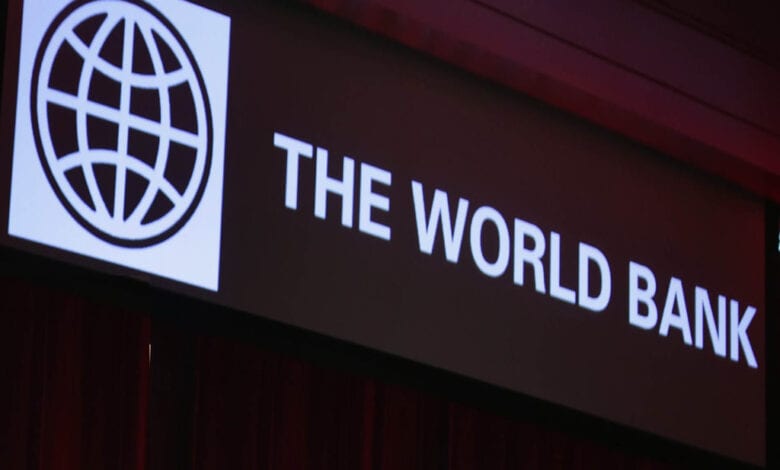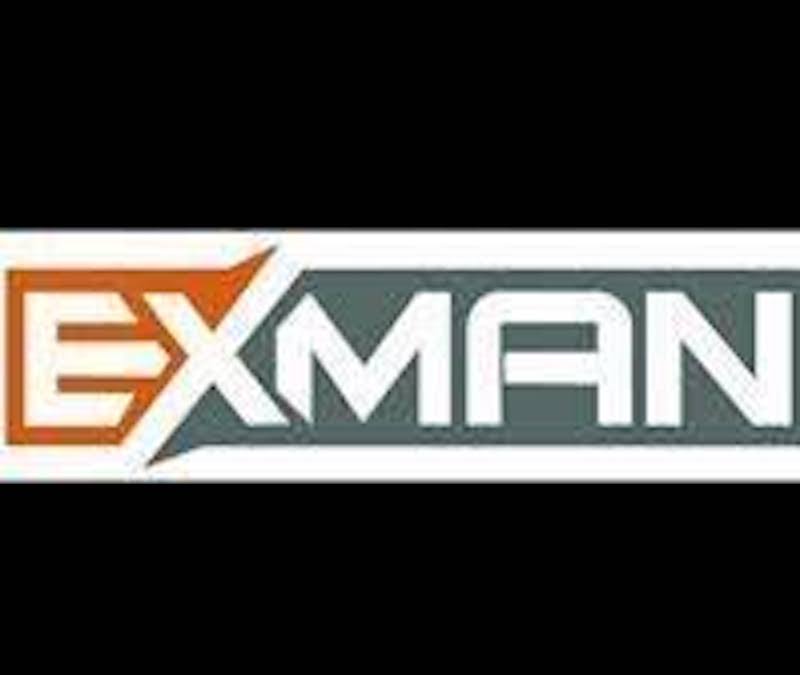By Amos Oladele
The World Bank Group and African Development Bank have struck a new partnership aimed at providing at least 300 million people in Africa with electricity access by 2030.
The two bodies sealed the deal at its just concluded Spring Meetings of the International Monetary Fund and The World Bank Group, which held in Washington DC, United States of America.
According to the partnership, the World Bank Group will work to connect 250 million people to electricity through distributed renewable energy systems or the distribution grid, while the African Development Bank Group will support an additional 50 million people. It is envisaged that the initiative could halve the number of people in Africa living without electricity access.
The two bodies stressed that access to electricity is a fundamental human right and is foundational to any successful development effort; disclosing that currently, 600 million Africans lack access to electricity, creating significant barriers to health care, education, productivity, digital inclusivity, and ultimately job creation.
In the words of Ajay Banga, World Bank Group President, “Electricity access is the bedrock of all development. It is a critical ingredient for economic growth and essential for job creation at scale. Our aspiration will only be realized with partnership and ambition. We will need policy action from governments, financing from multilateral development banks, and private sector investment to see this through”.
Banga emphasized that “This partnership is a demonstration of the determination of the World Bank Group and the African Development Bank Group to be bolder, bigger, and better in tackling one of the most pressing challenges in Africa”; adding that “The initiative is the most recent manifestation of the World Bank Group’s commitment to become more impact-oriented and is the byproduct of a concerted workplan to build a better bank. It is aided by a constellation of regional energy programs that will now be aligned toward this common goal”.
According to The World Bank Group, for it (World Bank) to connect 250 million people, $30 billion of public sector investment will be needed, of which IDA (International Development Association), the World Bank’s concessional arm for low-income countries, will be critical.
It added that in addition, governments will need to put in place policies to attract private investment, and reform their utilities so they are financially sound and efficient with tariff mechanisms that protect the poor.
The Bank concluded by stating that “Connecting 250 million people to electricity would open private sector investment opportunities in distributed renewable energy alone worth $9 billion”; and that “Beyond that, there would be substantial opportunities for private investments in grid-connected renewable energy needed to power economies for growth”.







Comment
No comments found.